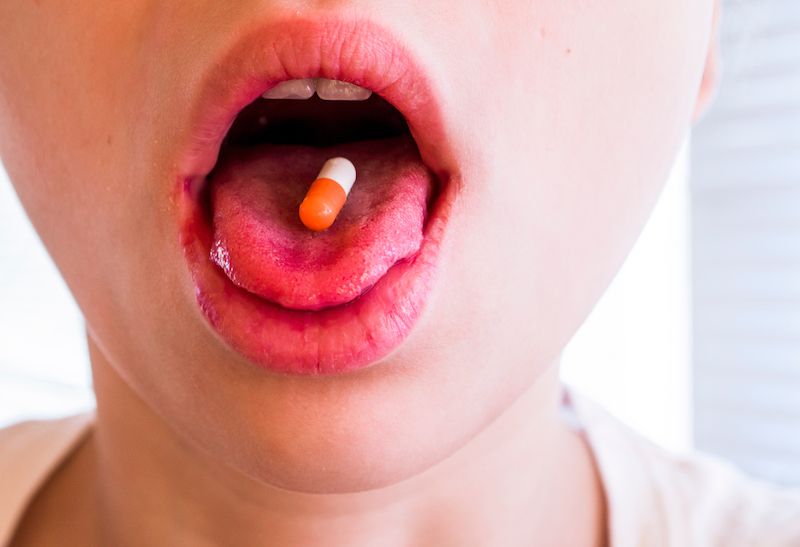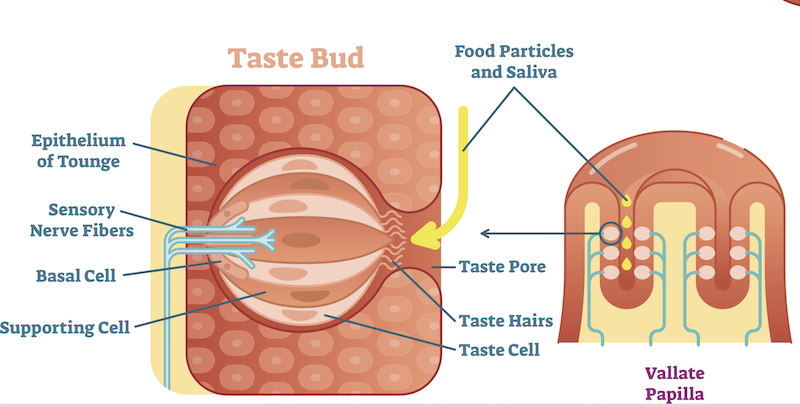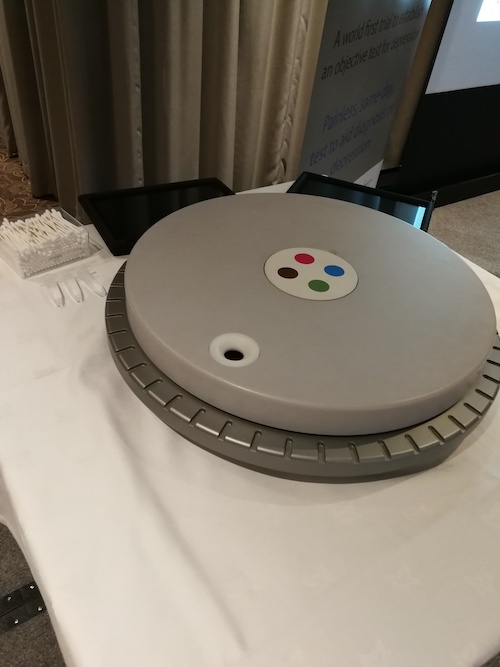

More than 100 people in Guernsey are taking part in a ground-breaking trial, which could lead to the world's first 'taste-test' for depression.
Founded on studies carried out by Professor David Nutt 14 years ago, the new diagnostic tool trial could change the way anti-depressants are prescribed.
The 'neuropsychopharmacologist' and former government adviser was recently in the island to give a talk alongside representatives from Ranvier Health who are conducting the study.
Initially the trial will involve 120 local people who have been diagnosed with depression - a first in this field as previous studies have used medical student volunteers.
A taste test has been devised based on Prof. Nutt's earlier work which found that those with lower receptiveness for serotonin also have difficulty deciphering taste. As the sense of taste can be recovered within two hours of taking Selective Serotonin Re-uptake Inhibitor drugs (SSRIs), rather than the many weeks it takes for symptoms of depression to alleviate, it could revolutionise how anti-depressants are prescribed.

"A lot of depression is caused by too little serotonin but it can also be linked with anxiety and Obsessive Compulsive Disorder and therefore affected by levels of adrenaline. Because the taste receptors are much more receptive than the brain we can see almost immediately the change in patients who respond well to serotonin treatment.
"We don't know why people are one of these two types, it's similar to diabetes the way there are two different types of that condition. Guernsey is an interesting place to conduct research and we understand it would like to become a research centre. It is a homogenous sample and it's also autonomous so there's real possibility for change.
"Depression has become the big burden on the west, it kills more people than cancer and heart disease," he said.
Prof. Nutt is also famous for promoting research into drugs currently banned for use and sale such as cannabis and LSD in treating patients for a range of health issues.
"Banning drugs is exactly the wrong thing to do, things that promote health should be actively researched," he said.

Pictured: The diagnostic toolkit being trialed in the island by Ranvier Health showing slots for various taste samples.
Chief Executive of the Bristol based company Ranvier Health, Dr. David Adams, was also in the island to explain the benefits of the upcoming trial for the island.
"We hope to show that it's a viable diagnostic tool, we'll start with 120 subjects and then look to expand when we've seen those results. Every GP sees three patients a week who may have depression. The test subjects will be given high concentrations of strong tastes, sweet, sour, salty etc and asked to decipher between them, it will be a double blind test so they won't know which sample they are given to distinguish between.
"If this is successful it will be the first objective clinical test for depression ever created," he said.
Comments
Comments on this story express the views of the commentator only, not Bailiwick Publishing. We are unable to guarantee the accuracy of any of those comments.